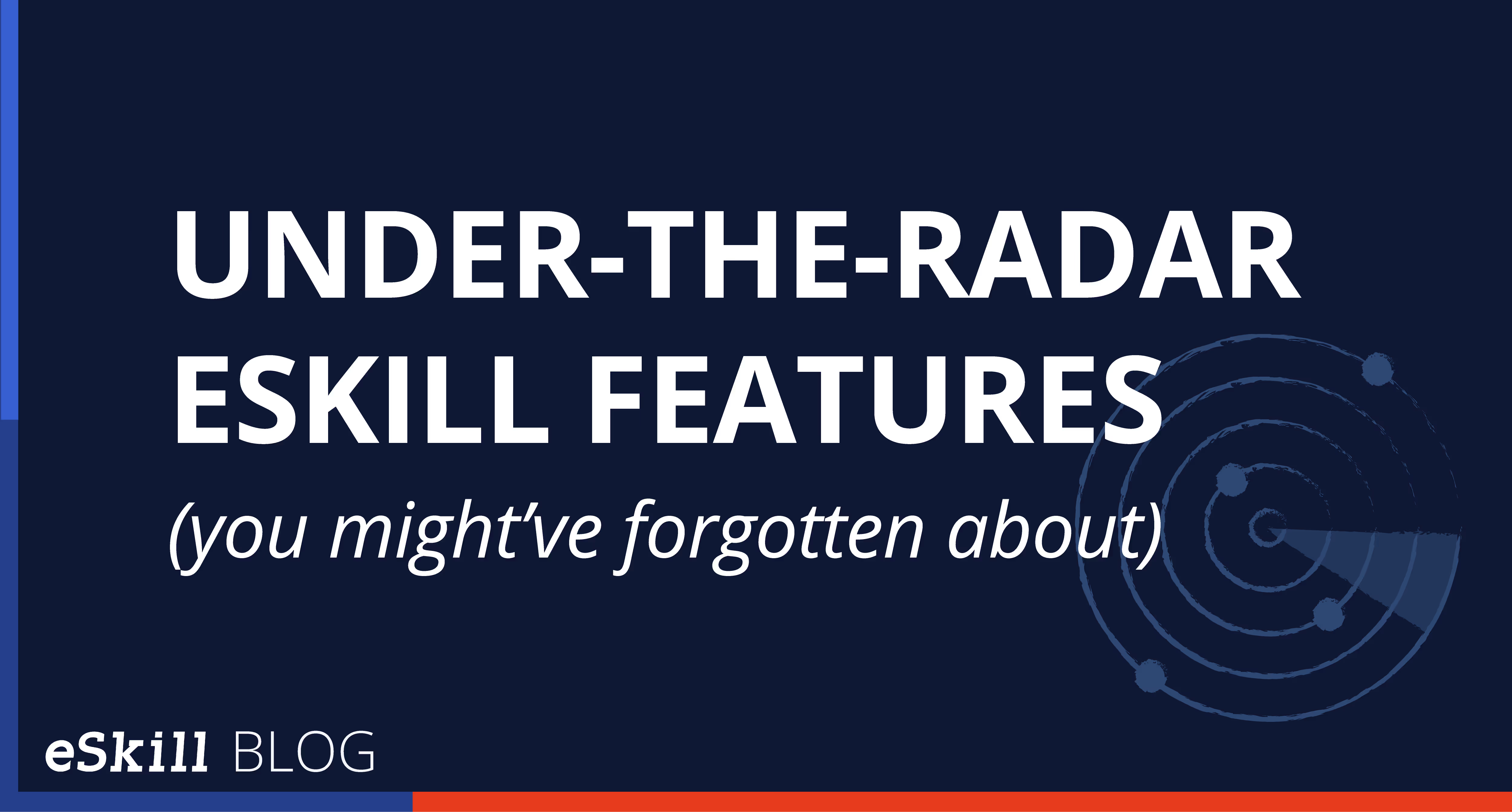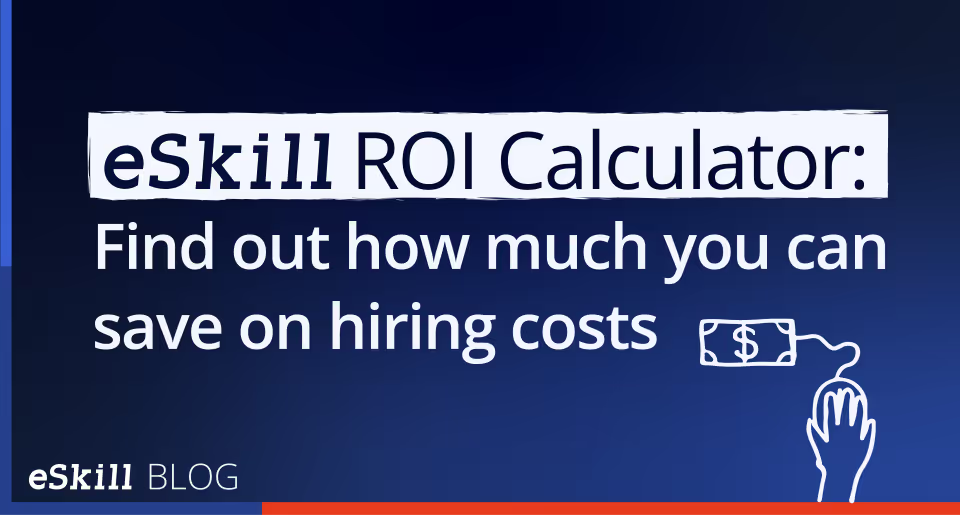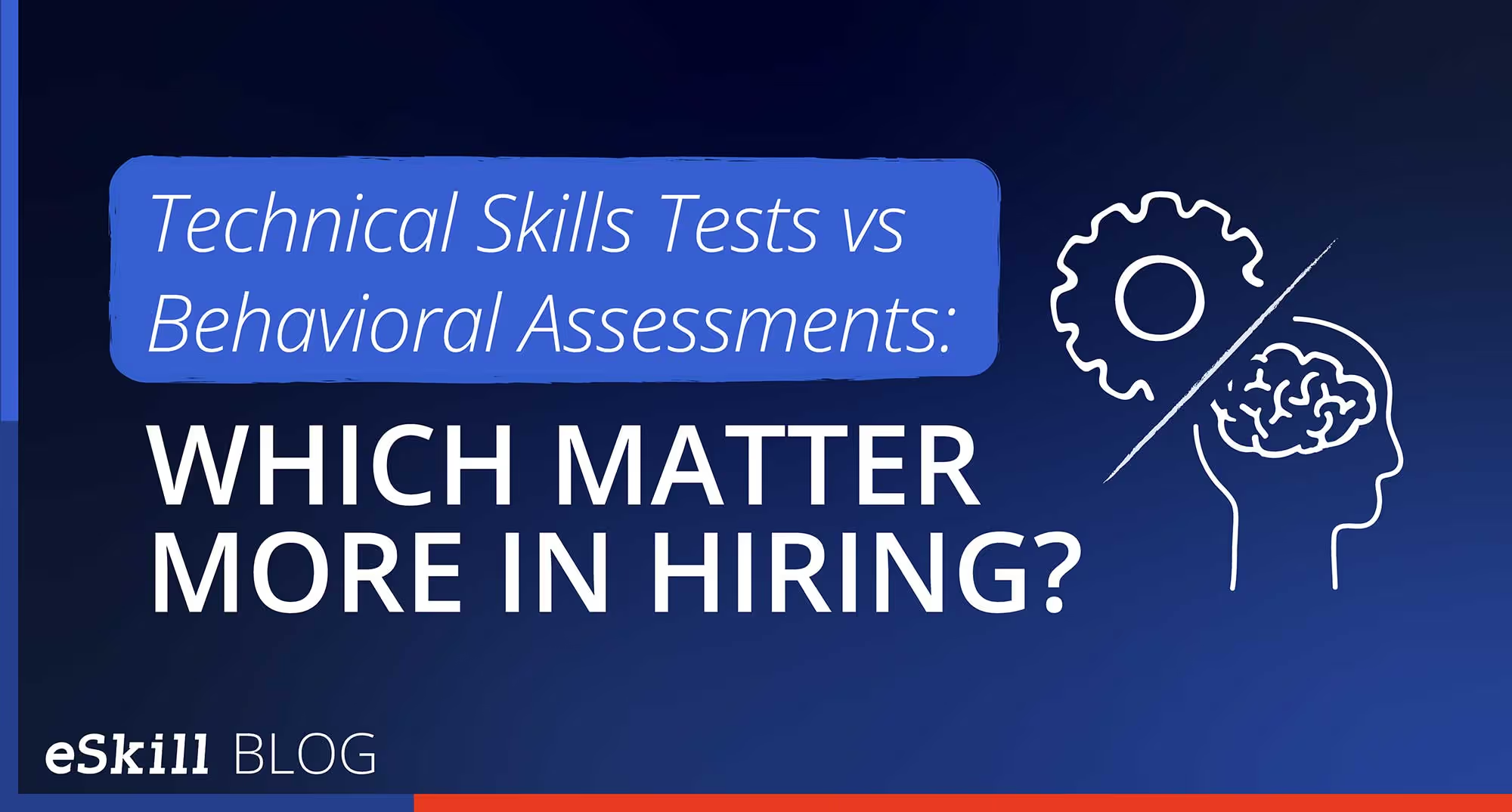How would you like to have a few magical interview questions that give you insights about a candidate’s behavior that skills testing can’t? It is said that attitude and behavior are what make a person stay with a company. Skills can be trained, but attitude and personality come from within—so, I want to share with you five short questions you can use in a 15-minute interview to determine whether a person has the right attitude, motivation, and behavior that match a job position.
The truth is that, despite all the skills tests developed, one thing is still hard to measure. And that is…
Motivation.
When people talk, they not only transmit ‘raw’ information, but they also teach you a few lessons about themselves. More precisely they reveal:
- What motivates them to take action in a certain direction
- What determines their decision to buy something
- What words they want to hear from their bosses, colleagues or friends
- What conditions will cause them to perform to their highest potential
After you make a job analysis and define the job requirements, you can also make a job profile make a job profile that will reveal whether someone is proactive or reactive when faced with a conflict, whether they will move toward a positive outcome or away from a negative outcome, whether they are driven by external expectations or internal motivation, or whether they like following procedures or exploring options when solving tasks.
Get an eSkill Trial Account For Flexible Skills Assessments
Let’s see what each of these mean in more depth. For example, if you need to hire a Marketing Manager, you probably need a person who is proactive, will deviate from procedures to explore options when solving problems, is motivated by results, is open-minded to changes, likes planning and organizing, and, most of all, is flexible with a “fire extinguisher attitude,” ready to help anytime. So how can you get a candidate to reveal these personality traits in an interview?
The following questions will help you discover their motivational profile. They were developed by Shelle Rose Charvet, an international expert on influencing and persuasion and a certified neuro-linguistic programming (NLP) trainer, in her book Words That Change Minds. This system has been used by corporations all over the world, such as IBM, Coca-Cola Avon, Apple, Sony and BRD-Groupe Société Générale.
- What is important to you in the workplace?
This question reveals the criteria people are motivated by.
The most important thing for me at the workplace are the people I work with and the possibility of being flexible.
- Why are the people you work with and flexibility important to you?
This question reveals how people approach problems.
I like to achieve big results together with the others, give my expertise to the team and build something together. Flexibility allows me to take into consideration all the different opinions, put them together in our strategy and build something bigger from smaller pieces.
OR
I need people around me to avoid bad decisions because I have always felt that more minds can prevent a team will cover more possibilities and anticipate bad scenarios before implementing strategies.
The difference in the two answers reveals that one person is motivated by results – TOWARDS achieving something, and the other one is AWAY FROM, being focused on avoiding something. When you hire a Marketing Manager, you need a “moving towards” person, motivated by results and getting things done. If, on the contrary, you need a Risk Manager, you need a “moving away from” person.
- How do you know you did a good job at work?
This question reveals the source of people’s motivation.
I just know. I know what to expect. My intuition tells me that the project planning and budgeting will be accepted.
OR
My manager is happy and I reach my target or key performance indicators (KPIs).
The difference between these two answers is that one person is INTRINSICALLY MOTIVATED and the other one is EXTERNALLY MOTIVATED. People intrinsically motivated are more likely to take initiative for the sake of excellence and growth rather than for the sake of an external reward. When you hire a Marketing Manager, you need a person who is motivated from within and is not afraid take action. At the same time, a Marketing Manager will need to survey the market and keep an eye on target audience statistics, results and KPI’s determined by the company. This means a Marketing Manager should be both intrinsically and extrinsically motivated.
- Why did you choose your last job?
This question reveals how people approach everyday work. Do they look for new ways of doing things or do they prefer well-established procedures?
Because I wanted to work on a young team, to feel the pulse of a start-up, to be part of something bigger than myself and to make friends. At the same time, I had the opportunity to learn more about copywriting through private seminars and courses—practical knowledge that I did not learn at school.
OR
First of all, it happened in Florida. I was on vacation when I saw a big advertisement that said “Your wife is HOT.” It was an advertisement for air-conditioning! I found it fascinating how words can have two meanings and, therefore, have more influence on a consumer’s buying decision. Then, later on the same day at a party, I chatted with someone who worked for the marketing team of a department store. He described his job responsibilities to me. Immediately after the party, I started searching on the Internet for opportunities in marketing. Finally, I got a call from someone unexpectedly…
The difference between these answers is that one person is OPTIONAL – will answer with criteria and opportunities, presenting options. The other is PROCEDURAL, telling a story and presenting the events in a sequence using procedural language “first”, “second”, “last”. The way of answering this question can tell a lot about the way a person likes working: keeps options open (like a manager) or is procedural (like an accountant).
- What is the relationship between your last job and the job you are applying for now?
This question reveals how people react to changes and how often they make changes.
They have a lot in common. First, because they are the same field. This job involves working on my own as well as gathering team feedback. Plus, my team is international, just like at my last job.
OR
This job is completely different. I wanted to try something new and have a way to apply my university studies. There is no link between this job and my last job.
The difference between these two is that one likes to make little or no changes and is motivated by “common things” and “sameness”, while the other one is open to trying new things and likes challenges and new approaches. When you hire a Marketing Manager, you probably need a person who is open-minded and adaptable and who is not afraid to try new strategies.
I hope you see the value of these questions and will integrate them into your next interview to find out your candidates’ motivational level. You can use them together with a professional skill testing method to pick the best of the best. eSkill has partnered with several behavioral test providers and is now offering a complete candidate overview, including behavioral and cognitive assessment tests. Using them will better prepare the company to select candidates who are already a good fit and then the company interviewers can use these above questions to select the best of the best for each position.

Get ademo.






